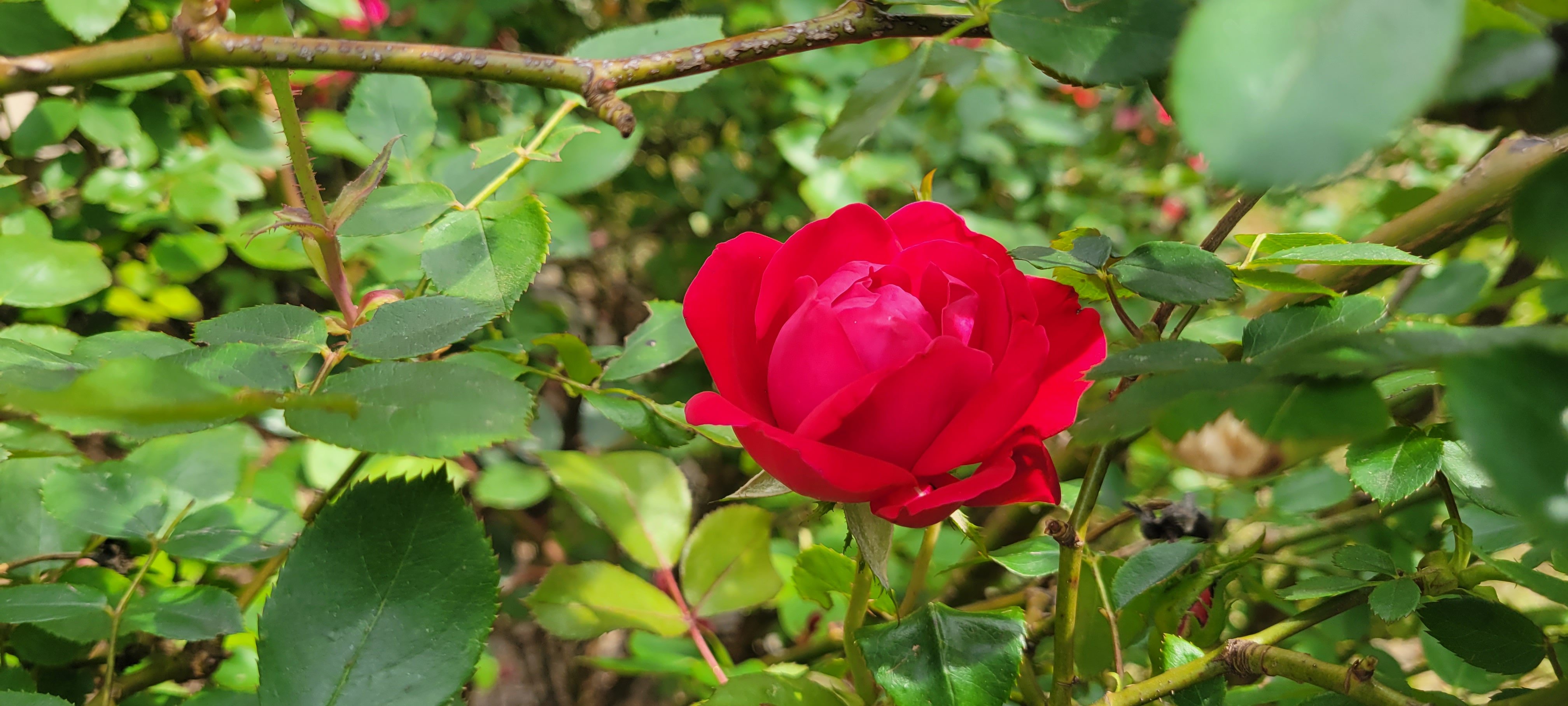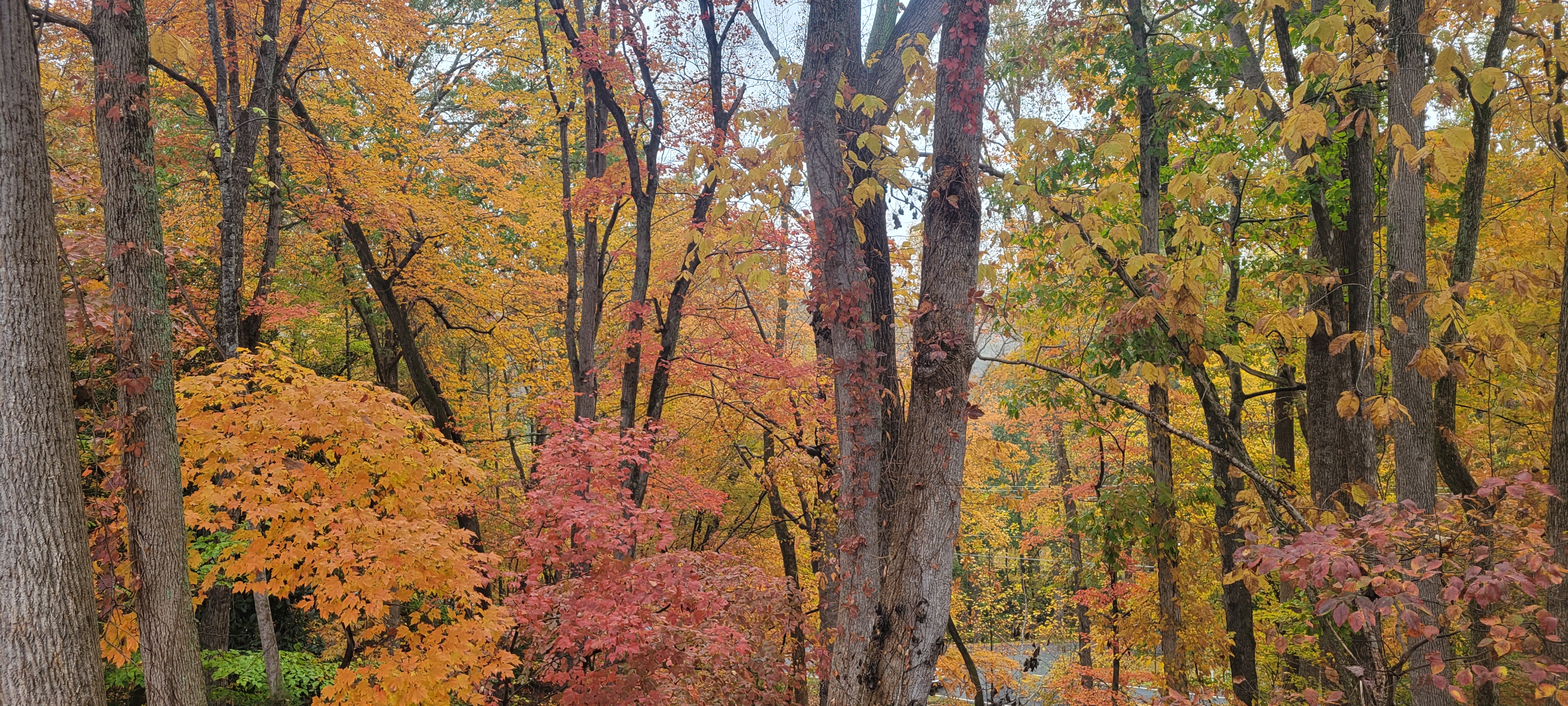Supporting Mental Health; It’s in Our Nature
go.ncsu.edu/readext?938121
en Español / em Português
El inglés es el idioma de control de esta página. En la medida en que haya algún conflicto entre la traducción al inglés y la traducción, el inglés prevalece.
Al hacer clic en el enlace de traducción se activa un servicio de traducción gratuito para convertir la página al español. Al igual que con cualquier traducción por Internet, la conversión no es sensible al contexto y puede que no traduzca el texto en su significado original. NC State Extension no garantiza la exactitud del texto traducido. Por favor, tenga en cuenta que algunas aplicaciones y/o servicios pueden no funcionar como se espera cuando se traducen.
Português
Inglês é o idioma de controle desta página. Na medida que haja algum conflito entre o texto original em Inglês e a tradução, o Inglês prevalece.
Ao clicar no link de tradução, um serviço gratuito de tradução será ativado para converter a página para o Português. Como em qualquer tradução pela internet, a conversão não é sensivel ao contexto e pode não ocorrer a tradução para o significado orginal. O serviço de Extensão da Carolina do Norte (NC State Extension) não garante a exatidão do texto traduzido. Por favor, observe que algumas funções ou serviços podem não funcionar como esperado após a tradução.
English
English is the controlling language of this page. To the extent there is any conflict between the English text and the translation, English controls.
Clicking on the translation link activates a free translation service to convert the page to Spanish. As with any Internet translation, the conversion is not context-sensitive and may not translate the text to its original meaning. NC State Extension does not guarantee the accuracy of the translated text. Please note that some applications and/or services may not function as expected when translated.
Collapse ▲ Let’s say you’re stressed. You need a vacation, a getaway. Somewhere to unwind. Where do you usually go? What do you picture yourself doing? Are you on a beach, in the sun, listening to the waves crash on the shore? Or, maybe you are in the mountains, listening to a crackling fire and crickets at night.
Let’s say you’re stressed. You need a vacation, a getaway. Somewhere to unwind. Where do you usually go? What do you picture yourself doing? Are you on a beach, in the sun, listening to the waves crash on the shore? Or, maybe you are in the mountains, listening to a crackling fire and crickets at night.
Being outside has numerous benefits for our mental health. Nowadays humans spend a large majority of our time indoors. We travel by car, attend school inside a classroom, and many people work inside an office. We often spend our free-time indoors as well. Of course we do! It’s comfortable, where our things are, where we watch our favorite shows! However, making time to be outside can greatly help us with mental health and relaxation.
According to the American Psychological Association, research on the benefits of being exposed to nature has been linked to:
- Improved mood
- Lower stress
- Increased empathy
- Improved attention span
- Improved working memory
- Reduced risk of psychiatric disorders
 I have a 45 minute commute to a job that is in an office. I make time for nature by taking short breaks throughout the day to step outside or sit in our office garden. I also try to spend 30 minutes of my lunch break walking on the trails in the woods by our office. I am fortunate to have access to beauty close to where I work. If you are not in a location that has green space, take time to find a sunny spot on a nice day for a few moments, or consider adding a few house plants to your office. Some research shows that indoor plants have a positive effect on human stress response. Other techniques to try this summer are going for a walk in nature and paying attention to your surroundings. What do you see? What do you hear? How does the ground feel under your feet? Taking the time to be aware of what’s around you is one way you can implement more mindfulness. As an added bonus, listening to birdsong has also been shown to boost our mental health.
I have a 45 minute commute to a job that is in an office. I make time for nature by taking short breaks throughout the day to step outside or sit in our office garden. I also try to spend 30 minutes of my lunch break walking on the trails in the woods by our office. I am fortunate to have access to beauty close to where I work. If you are not in a location that has green space, take time to find a sunny spot on a nice day for a few moments, or consider adding a few house plants to your office. Some research shows that indoor plants have a positive effect on human stress response. Other techniques to try this summer are going for a walk in nature and paying attention to your surroundings. What do you see? What do you hear? How does the ground feel under your feet? Taking the time to be aware of what’s around you is one way you can implement more mindfulness. As an added bonus, listening to birdsong has also been shown to boost our mental health.
Whatever may you choose, spending time in the outdoors can help foster a healthy brain, mood, and overall well being.
Resources:




